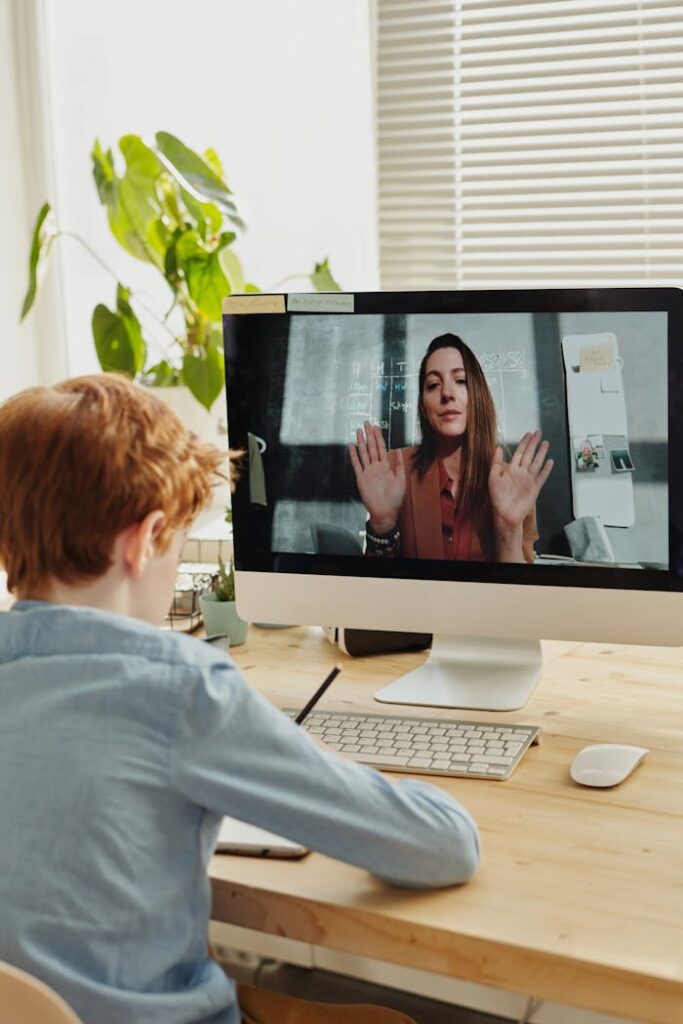How Social Media Impacts Students’ Academic Life: Benefits and Drawbacks

In the modern digital age, social media has become an inseparable part of student life. Whether it’s sharing study materials, connecting with classmates, or simply taking a break from academic stress, students are constantly interacting with platforms like Instagram, YouTube, WhatsApp, TikTok, and Facebook.
But how exactly does this digital engagement affect students’ academic lives? Like any powerful tool, social media has both benefits and drawbacks. Understanding these can help students use it more wisely and effectively.
✅ Benefits of Social Media on Academic Life
1. Instant Access to Educational Resources
Students can now access lectures, tutorials, eBooks, and expert opinions with just a few clicks. YouTube channels, academic blogs, and online forums provide quick answers and explanations for difficult concepts.
2. Collaboration and Communication
Social media platforms make it easier for students to collaborate on group projects, share assignments, and discuss topics. Platforms like WhatsApp, Telegram, and Discord allow instant communication and peer-to-peer learning.
3. Creative Learning Opportunities
Social media supports different learning styles. Students who struggle with traditional methods may benefit from visual content, interactive videos, or live Q&A sessions hosted on platforms like Instagram Live or TikTok.
4. Networking and Exposure
Students can connect with teachers, industry experts, and other learners across the globe. Platforms like LinkedIn help build academic and professional networks that can lead to internships, mentorship, or job opportunities.
5. Academic Motivation and Support
Joining study groups, following motivational content, or engaging with academic influencers can inspire students to stay focused, set goals, and improve their study habits.
❌ Drawbacks of Social Media on Academic Life
1. Distraction and Procrastination
Social media is designed to grab attention. Constant notifications, endless scrolling, and viral content often pull students away from studying, leading to procrastination and reduced productivity.
2. Poor Time Management
Spending excessive time online can eat into study hours, disrupt routines, and result in last-minute cramming, which often impacts academic performance.
3. Mental Health Challenges
Comparing oneself to others on social media can lead to anxiety, low self-esteem, and stress. Seeing peers post about achievements or study routines may create unrealistic academic pressure.
4. Misinformation
Not all information online is reliable. Students may come across incorrect or misleading educational content, which can negatively impact their understanding of key concepts.
5. Cyberbullying and Privacy Risks
Online platforms can expose students to bullying, harassment, or data breaches. Negative online interactions can affect mental well-being and distract from academic focus.
🧭 Striking the Right Balance
To make the most of social media while avoiding its pitfalls, students can:
- Set specific time limits for social media use.
- Use apps like Focus@Will, Forest, or Cold Turkey to minimize distractions.
- Follow educational accounts and unfollow or mute distracting content.
- Join academic forums like Quora, Reddit (e.g., r/AskAcademia), or Edmodo.
- Prioritize face-to-face interactions and real-world academic activities.
📝 Conclusion
Social media is a double-edged sword in a student’s academic journey. When used mindfully, it can enhance learning, foster collaboration, and expand horizons. However, without control and intention, it can lead to distraction, stress, and academic decline.
The key is not to avoid social media but to use it with purpose. With the right balance, social media can become a valuable tool in every student’s academic toolkit.

